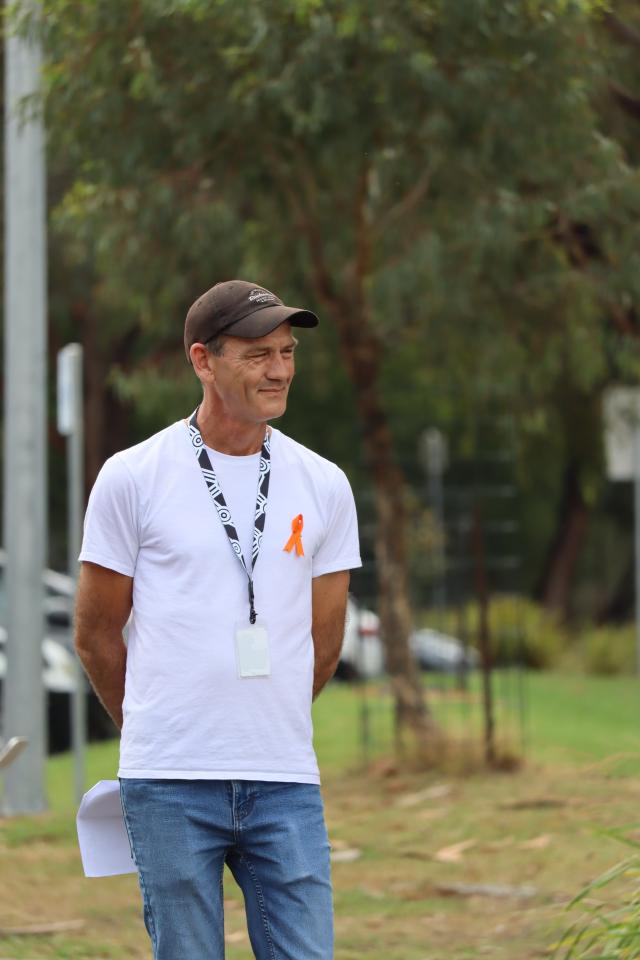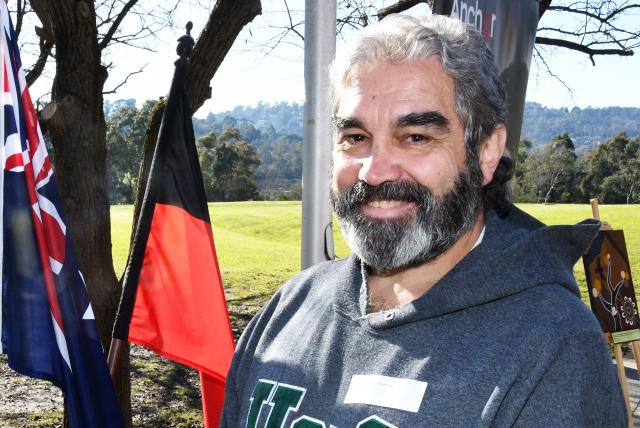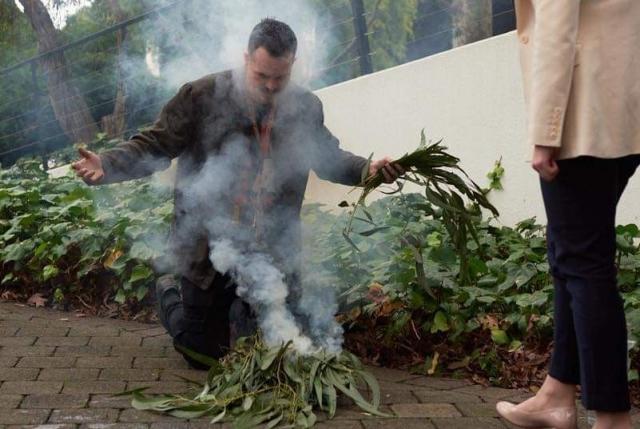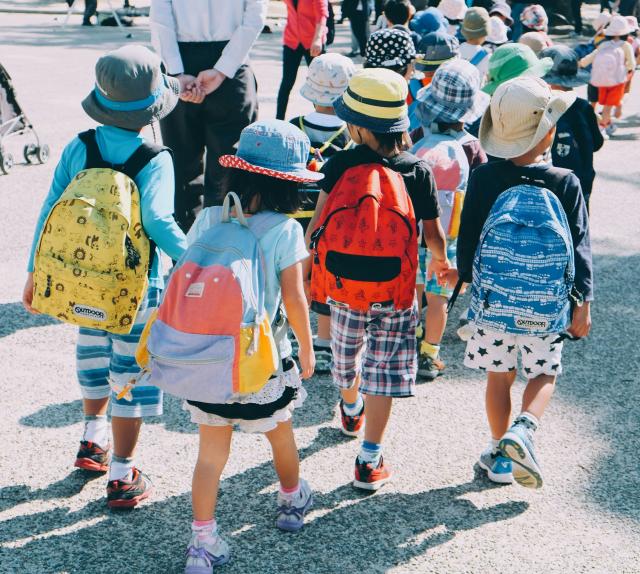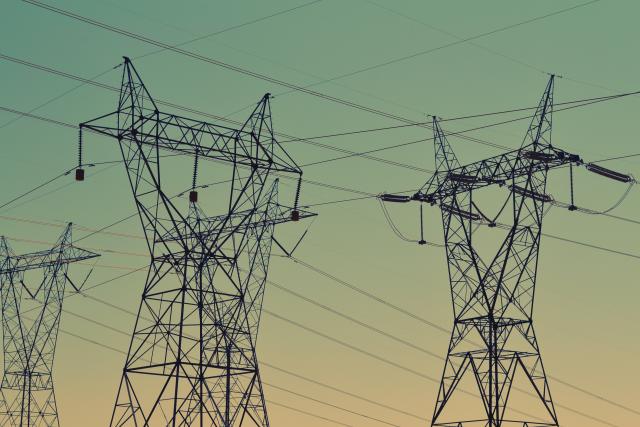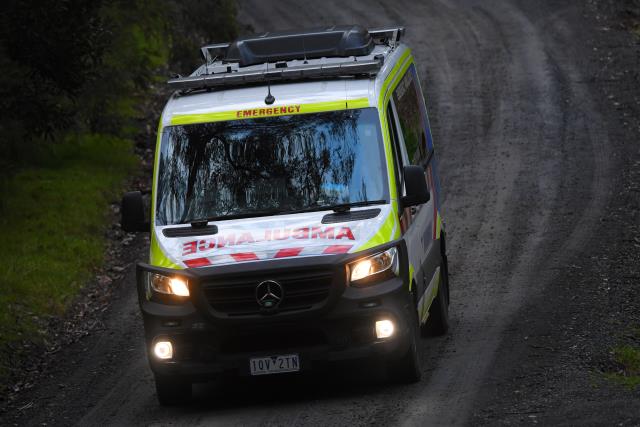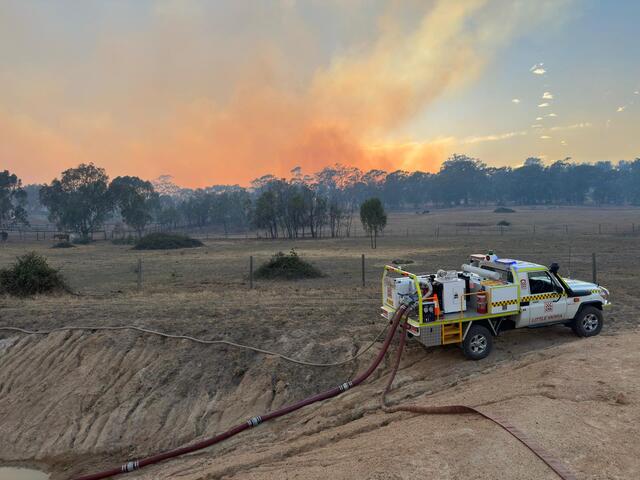Victoria is the first state in Australia to table a treaty in its Parliament in a move welcomed by mob across the state.
Widely expected to pass with the support of the Greens and other crossbenchers, the Statewide Treaty Bill will expand and enshrine the existing First Peoples’ Assembly of Victoria and is set to hand decision-making power and responsibility to the democratically elected members of the assembly.
Boorndawan Willam Aboriginal Healing Centre chief executive, Taungurung man and Healesville resident Adam Frogley said it’s wonderful that Victoria has embarked upon this and we are now seeing the 10 years of work and negotiation come to fruition.
“We think back to the Barunga Statement back in 1998 when Prime Minister Hawke made the promise of treaty and then it was effectively watered down from that stage to become reconciliation,” he said.
“I remember grpowing up going to Healesville High School and Healesville Primary School, we did very little regarding Aboriginal people, I remember there was a week in primary school back in the 1980s, but aside from that, I mean really it was just touched upon in certain parts of curriculum,”
“There was no real detailed knowledge, it was almost speaking from a deficit model or a historic understanding of what Aboriginal people were as opposed to contemporary Aboriginal people.”
Education is a big focus of the treaty, with truth-telling of First Nations history to be incorporated into the Victorian curriculum, while the assembly will also have the power to establish its own
First Peoples’ Institute to close the gap in tertiary education.
Mr Frogley, who has been a Director of the Aboriginal and Torres Strait Islander team at the National Tertiary Education Union, said he was glad about the proposed institute as the idea or the notion of having an Aboriginal university was something that was very strong when he was in the sector.
“I think the institute will be wonderful, it will be great to see the partnerships between the institutes and universities and to see the communities as well too coming together to embrace that other form of higher education,” he said.
“The other thing I’m very pleased about is self-determination… it means different things to different people, but the ability for Aboriginal people to actually come and speak directly to certain policies or agendas or programs that the government in the future would be looking at putting into place would mean that we have actually got a seat at the table,”
“Having the ability to directly be involved in those processes, I think will be fundamental in changing the way that we do business…for certain things like programs that are on the ground and running, we need to be able to ensure that those programs are tailored and catered particularly to those communities.”
The First Peoples’ Assembly will be responsible for getting out into communities to conduct truth-telling and gather stories as well as for leading the Aboriginal Community Infrastructure Fund, Victorian Aboriginal Honour Roll and NAIDOC Week.
Healesville-based Wurundjeri educator Thane Garvey said he thinks treaty is something that will be remembered forever in this country.
“It’s quite obvious that treaty is going to play a huge part in reconciliation and if the government is serious about their commitment to reconciliation and closing the gap, then they should be serious about this,” he said.
“I think that the rest of the governments around Australia need to take note, especially certain governments that have withdrawn treaty processes,”
“This is a very unique treaty process in the way that it is because this treaty process is done so, so long after colonisation occurred, the way treaty is going to be structured and formatted in today’s day and age is going to look completely different to how treaty would have 200 or 250 years ago but either way, I think that the community is happy with the outcomes.”
Other colonial countries like New Zealand (Aotearoa), the United States and Canada (Turtle Island) have long-established treaties while Norway, Sweden, Finland, Greenland and Japan also have treaties established with their indigenous people.
As an educator himself, Mr Garvey welcomed the focus on education and said as a society we can’t have an understanding without the information and we can’t kill the ignorance without the education.
“We need to come together to embrace what it is that is the truth on these lands, we are taught as young children to embrace the truth and tell the truth, so why don’t we do that when we grow up,” he said.
“I think the Yoorrook Justice Commission has just managed to retrieve over 10,000 documents relating back to the atrocities and histories of these lands that we already didn’t have, so it is obvious that we are still getting back evidence and histories that have still been actively kept from us and that’s exactly why these things are important,”
“There’s a huge misconception that these types of things are going to take people’s houses or take people’s land, and that is just not correct, if we are going to push what is correct, we want to make sure people understand what is happening, and for that they need about the truth, and the only way they can do that is by educating them.”
The Victorian Opposition Leader Brad Battin announced at the end of June that the Liberals and Nationals would not support treaty in parliament and told ABC News Breakfast on 10 September that we need to seek a ‘genuine alternative.’
Wurundjeri man and indigenous studies professor Dr Andrew Peters said the commitment from the State Government is both unprecedented and very welcome by Aboriginal communities.
“It’s a very exciting step for Aboriginal people in the state, particularly those who continue to live with the legacy of colonisation in many areas, it’s a clear indication that the Victorian government is listening to its Aboriginal people and its history,” he said.
“An Aboriginal body needs to be in place to ensure cultural authority, authenticity and safety throughout the process, history shows us very clearly that nothing changes if we don’t have Aboriginal voices,”
“Education is probably the major platform for us as Aboriginal people, and the major reason for the disconnection between Aboriginal and non-Aboriginal people in this country, if we get this right, we’ll get a lot of other things right.”
The entire treaty bill can be found and read at: legislation.vic.gov.au/bills/statewide-treaty-bill-2025.
Dr Peters said it’s a complex issue, so he doesn’t like commenting too much as these are merely his opinions, and may not be shared by all Aboriginal people.
“For me, education is the absolute key, people liken this to the Voice, and opposition to the Treaty refers to the Referendum result – Victoria had the highest Yes rate in the country – where again, lack of education and understanding about the issue caused a lot of confusion on the topic,” he said.
“We need to ensure that all Victorians are made fully aware of what Treaty means, who it will directly affect, who it will not directly affect, and the historical reasons for it being introduced,”
“While I know many people will still oppose Treaty, being informed on the issue is paramount.”

